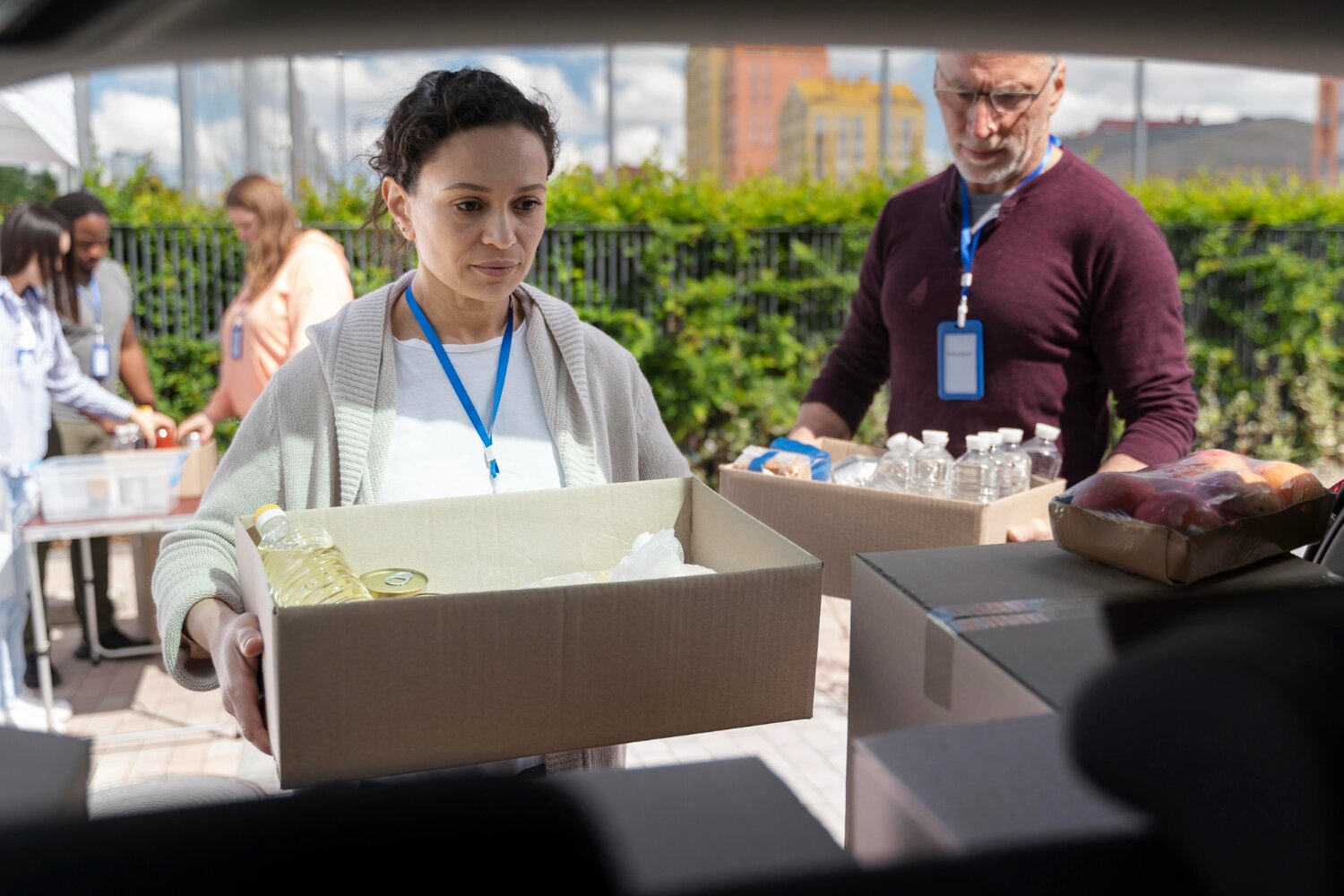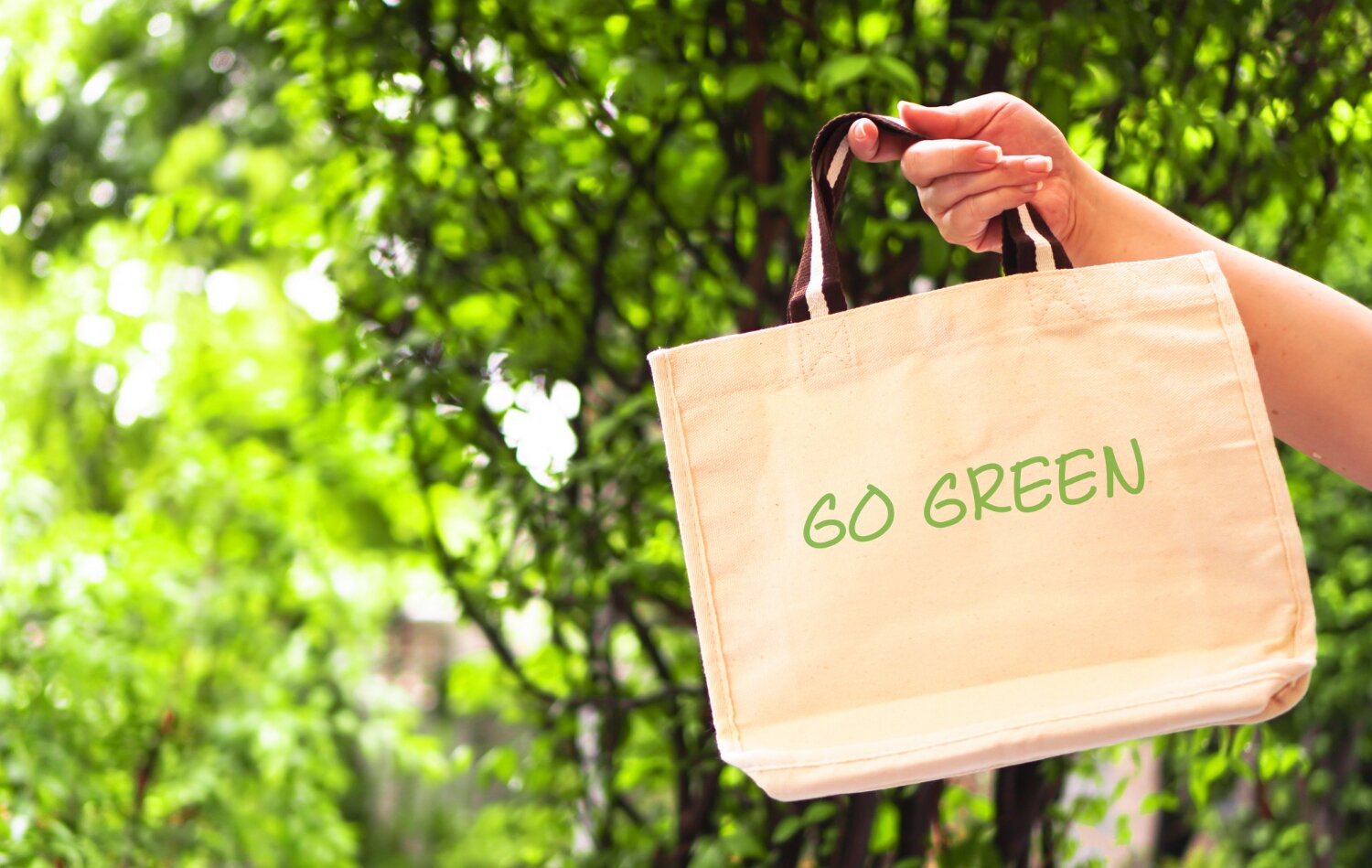Introduction
As environmental concerns grow and the impact of excessive packaging becomes evident, a revolutionary trend is taking root: package-free shopping. The concept of zero-waste stores is gaining momentum as consumers seek sustainable alternatives to traditional shopping practices. In this blog, we’ll delve into the future of package-free shopping, exploring the benefits, challenges, and how these stores are reshaping the way we think about consumption and waste.
1. The Rise of Zero-Waste Stores

Zero-waste stores are on a mission to transform the way we shop by offering products in bulk, without disposable packaging. These stores encourage customers to bring their own reusable containers, bags, and jars, allowing them to purchase the exact quantity they need, reducing both food and packaging waste.
2. Benefits of Package-Free Shopping

- Reduced Packaging Waste: The most obvious benefit of zero-waste stores is a significant reduction in packaging waste. By eliminating single-use plastics and excess packaging, these stores contribute to less plastic pollution and landfill waste.
- Energy and Resource Conservation: Traditional packaging requires raw materials, energy, and water for production. Package-free shopping reduces the demand for these resources, leading to a more sustainable supply chain.
- Consumer Empowerment: Package-free stores empower consumers by offering them control over their purchases. Customers can choose the quantity they need, minimizing food waste and saving money in the process.
- Encouraging Sustainable Habits: Zero-waste stores promote sustainable habits, encouraging shoppers to adopt reusable containers, rethink their consumption patterns, and make environmentally conscious choices.
- Supporting Local Economies: Many zero-waste stores prioritize sourcing products locally and from eco-friendly producers. This supports local economies and reduces the carbon footprint associated with transportation.
3. Challenges and Solutions

While zero-waste stores offer promising solutions, they also face certain challenges:
- Consumer Education: Shifting from traditional shopping habits to package-free options requires education and awareness. Stores can host workshops and provide resources to guide customers through the process.
- Accessibility: Not everyone has easy access to zero-waste stores. To address this, some stores are exploring online platforms and delivery services to reach a wider audience.
- Price Perception: Package-free products can sometimes appear more expensive due to the initial cost of reusable containers. However, customers save money in the long run by purchasing only what they need.
- Product Variety: Ensuring a diverse range of package-free products, including fresh produce, pantry staples, and personal care items, can be a challenge. Stores can collaborate with local producers to expand their offerings.
4. How to Embrace Package-Free Shopping

- Bring Your Own Containers: Before heading to a zero-waste store, bring your own reusable containers, bags, and jars to fill with the products you need.
- Plan Ahead: Make a shopping list to avoid overbuying and wasting food. This also helps you choose the right containers for your purchases.
- Start Small: If you’re new to package-free shopping, start with a few staple items to get a feel for the process before committing to a full shopping trip.
- Explore Local Stores: Research zero-waste stores in your area and explore their offerings. Many also provide non-food items like cleaning products and toiletries.
- Spread the Word: Share your package-free shopping experiences with friends and family to inspire others to make eco-conscious choices.
5. The Future of Sustainable Consumption

Package-free shopping is not just a passing trend; it’s a movement that reflects a growing awareness of our planet’s limited resources and the need for sustainable solutions. As more individuals embrace package-free shopping, we can expect to see a shift in how retailers approach packaging and waste reduction.
Conclusion
The future of package-free shopping is bright, offering a pathway to a more sustainable and waste-free world. Zero-waste stores provide an innovative approach to consumption that empowers individuals, reduces environmental impact, and encourages a shift towards more mindful and eco-conscious choices. By supporting these stores and incorporating package-free practices into our lives, we can collectively work towards a greener, healthier planet for generations to come.